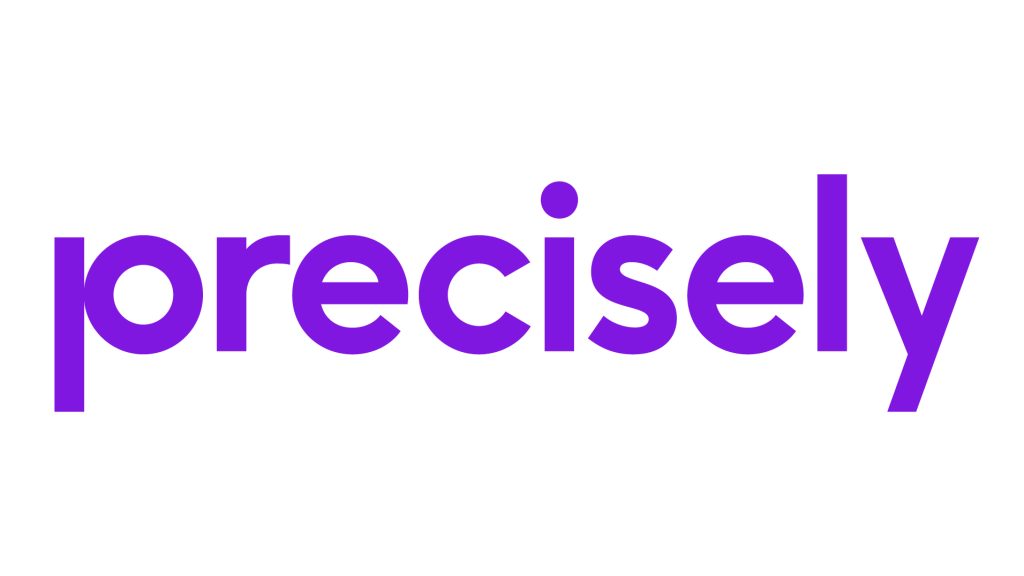Job Overview:
| Job Role | Design Verification Engineer |
| Job Type | Full Time |
| Experience | Freshers |
| Qualification | B.E / B.Tech in ECE, EEE, CSE, IT M.E / M.Tech in VLSI, Embedded, Power Electronics |
| Year of Passing | Recent Batches |
| Salary | 7.5 LPA (Estimated) |
| Job Location | Siruseri, Chennai |
| Last Date | Apply Before the link Expires |
Edveon hiring for Design Verification Engineer Role
About Company :
Edveon is a Chennai, India-based semiconductor product and services company founded in 2018. They specialize in the complete chip development process, from RTL design to functional verification, GLS, FPGA emulation, and post-silicon validation. Edveon aims to be a leader in VLSI, delivering innovation and reliable solutions to the semiconductor industry while prioritizing employee growth and well-being. They also offer training through their Edvlearn platform.
Official Company Website : www.edveon.com

Edveon hiring for Design Verification Engineer Role Position:
Job Description :
At Edveon, our mission is to provide world-class VLSI services to semiconductor companies, enabling them to deliver cutting-edge and reliable semiconductor solutions to the market. If you are seeking a reliable partner to provide semiconductor services in ASIC/SOC, look no further! Edveon is a leading provider of ASIC/SOC Semiconductor services that help our partners across the globe.
Minimum Qualifications:
• B.E/B.Tech (ECE, EEE, CSE, IT) or M.E/M.Tech (VLSI Design, Embedded, Power Electronics) degree with no backlogs.
Job function: Design Verification Engineer
Skills/experience:
- Strong understanding of Digital Electronics fundamentals: This forms the bedrock of VLSI.
- Proficiency in at least one programming language (C, C++, Python, Java): Essential for scripting, testbench development, and automation.
- Knowledge of HDL languages (Verilog/SystemVerilog): Crucial for understanding designs and writing verification environments.
- Familiarity with UVM (Universal Verification Methodology): Highly desirable for structured and reusable testbench creation (especially for experienced roles, but good to know for freshers too).
- Aptitude and problem-solving abilities: Essential for tackling complex verification challenges.
- Critical thinking skills: To analyze design specifications and identify potential issues.
- Experience with simulation tools (e.g., Questa, VCS, Incisive): Hands-on experience with industry-standard simulators.
- Understanding of verification methodologies and flows: Knowledge of regression, coverage-driven verification, etc.
- Ability to articulate technical concepts clearly: Strong communication skills are vital for collaboration and debugging.
Responsibilities:
- Develop and review detailed test plans: Create comprehensive strategies for verifying the design’s functionality.
- Create and configure test environments: Set up the necessary infrastructure for efficient and thorough testing.
- Modify and create testbenches: Develop and adapt the components that apply stimuli and check responses for the design under test (DUT).
- Implement programming sequences: Write code (e.g., SystemVerilog sequences) to generate complex test scenarios.
- Integrate checkers and scoreboards: Develop components to monitor design behavior and verify correctness against specifications.
- Address compile and simulation errors: Debug issues that arise during the verification process to ensure smooth execution.
- Generate and analyze coverage: Measure the completeness of verification efforts (e.g., code coverage, functional coverage) and identify gaps.
- Collaborate with design and other teams: Work closely with logic designers, architects, and other verification engineers to resolve design issues and ensure quality.
- Communicate regularly on status and issues: Provide clear and timely updates on verification progress and any encountered problems.
Education requirements:
- Bachelor of Engineering (B.E.) in Electrical and Electronics Engineering (EEE): A common and highly relevant undergraduate degree.
- Bachelor of Engineering (B.E.) in Electronics and Communication Engineering (ECE): Another primary undergraduate degree for VLSI roles.
- Bachelor of Technology (B.Tech) in Electrical and Electronics Engineering (EEE): Equivalent to B.E. in most Indian universities.
- Bachelor of Technology (B.Tech) in Electronics and Communication Engineering (ECE): Also a standard and preferred qualification.
- Bachelor of Engineering (B.E.) in Computer Science Engineering (CSE): Accepted, particularly for roles involving software aspects of verification or strong programming.
- Bachelor of Technology (B.Tech) in Computer Science Engineering (CSE): Another suitable undergraduate degree for CSE graduates.
- Master of Engineering (M.E.) in VLSI Design: A highly preferred postgraduate specialization demonstrating advanced knowledge in the field.
- Master of Technology (M.Tech) in VLSI Design: The M.Tech equivalent of M.E. in VLSI, indicating specialized expertise.
- No standing backlogs: Crucially, candidates must not have any uncleared academic backlogs at the time of the selection process.



